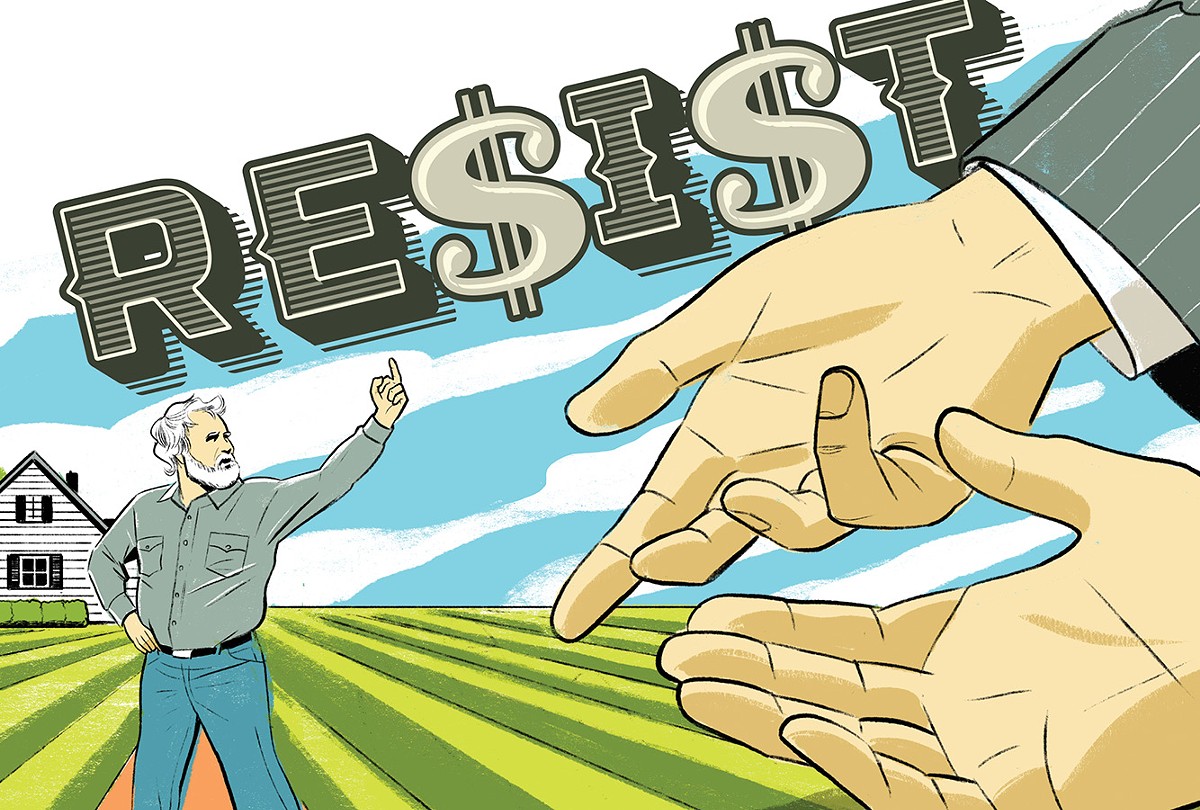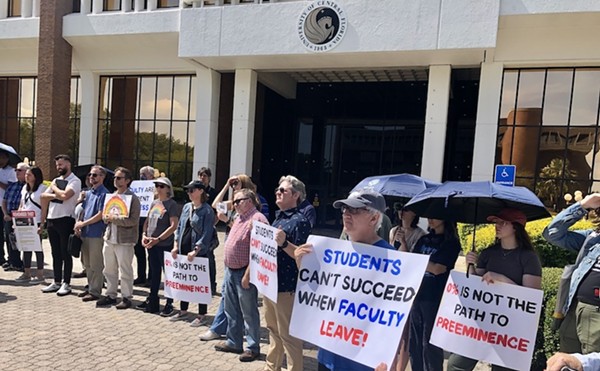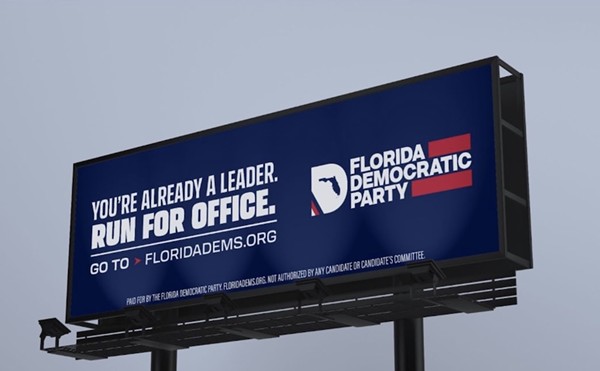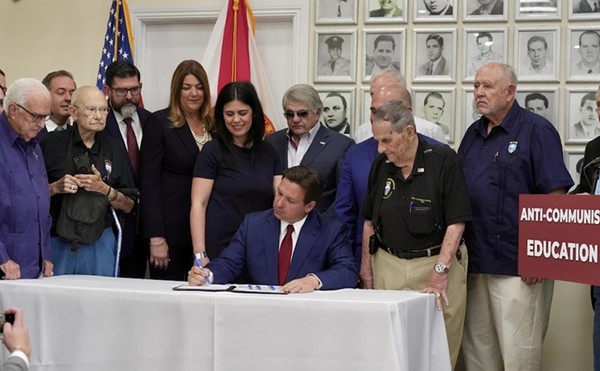Rod Nippert grew up on a farm with 40,000 turkeys in central Ohio. He wanted to escape the life of a farm boy as quickly as he could. Nippert had big plans – become an engineer, move to the city, buy a red Corvette. That was 1967.
Forty years later, he and his wife, Linda, live and work on a 100-acre community-owned raspberry farm in the Appalachian Mountains in southeastern Ohio. He spends his days puttering around in a stained glass shop that he runs with his neighbor. There's no Corvette in his garage. Nippert's life was fundamentally altered by his decision to break the law. He hasn't paid his federal income tax in full since 1973.
Nippert is one of approximately 8,000 Americans who openly choose to contest paying their full federal income tax owed to the government. They don't consider themselves to be criminal tax evaders; they prefer to be called war tax resisters.
President Donald Trump's refusal to release his income taxes has fueled interest in tax resistance for some anti-Trumpers. "Take a look at Trump. Did he reveal his taxes? No," Jay Sordean, a war tax resistance counselor in Berkeley, California, says. "I'm sure he's hiding lots of crap. He's in this for himself and I'm sure his taxes reflect his beliefs."
But, for longtime resisters like Nippert, the decision not to pay taxes doesn't depend on who's in the White House. It's a matter of personal conscience.
As a child, Nippert attended services at the Church of the Brethren. "When I was a kid, I knew my religion and stuff and I was involved in a youth group but I didn't think too heavily about what was going on in the world or what that had to do with my religious beliefs. I knew things were going on in the world but they didn't seem personally relevant," Nippert says.
But then, as for so many, the Vietnam War created a crisis of conscience for Nippert. He was lucky to get a draft deferment from the war by enrolling as a student at Ohio University and then transferring to Ohio State. The war plodded along, while Nippert lived a parallel life as a Buckeye. He pledged a frat, but the brothers decided he wasn't Beta Theta Pi material.
"Looking back on it, I think they made the right decision," he says. "That was a time when everything was changing. I was letting my hair grow a little longer but the frats were still pretty conservative. There were weird things they didn't like about me. I didn't hold my cigarette the right way. And you know, really, I was just a farm boy."
Around the same time, someone gave him a copy of Joan Baez's memoir, Daybreak.
"Her book affected me a lot in terms of thinking about issues of pacifism and made me think about what I learned about nonviolence from Church of the Brethren," he says.
In 1968, Nippert started hanging out at political meetings at Ohio State where he learned more about draft resistance and nonviolent protest. "I grew up being taught to think for myself and once I started going to meetings and hearing people talking and holding strong opinions passionately, it kind of opened me up," he says. "It caused me to ask, 'What do I really believe in passionately? How am I supposed to live my beliefs?'"
Initially, he got involved with a campus group that was doing draft counseling for people who wanted to escape to Canada and helped them fill out forms so that they could register as conscientious objectors. But Nippert's own conscience continued to gnaw at him.
One night in 1969, Nippert broke into "the Shoe," Ohio State's 66,000-seat football stadium. It was midnight. He climbed all the way to the top bleacher and sat there, alone, for a few hours. Enveloped by the all-American scene, Nippert thought about his relationship to his country.
"I wanted to make the right decisions. I am not, and never have been, anti my country. Not at all," he says. "I love my country. I thought that if I am not truly a pacifist, I should go register for the draft and serve. I am not going to walk around saying I am a pacifist, if I'm not willing to make a personal sacrifice. I am not a chicken. I can't be just trying to get out of going to war. I have to really be for something. Sitting up there in the stadium alone, I came to my decision. I decided that I couldn't kill anybody."
But there was more.
"If I can't kill someone, can I pay someone else to kill for me?" he asked himself.
"I decided that I couldn't do either and I really needed to live as a pacifist."
Two months later, Nippert dropped out of Ohio State and was called up for the draft. The draft board required documentation to validate his conscientious objector status. Nippert's dad wrote him a letter of support. He had been a fighter pilot in World War II, captured and starved by the Nazis as a POW. In the letter, his father wrote, "As a farmer, we learn that each of us needs to plow our own furrow."
Nippert's petition was approved and soon after he stopped paying his taxes.
War tax resisters believe that we should be able to decide for ourselves when, if, and how much we pay in federal tax based on our beliefs. They think we should able to decide how much we pay, or if we pay at all, when we don't think the government is going to use our money to our liking.




















